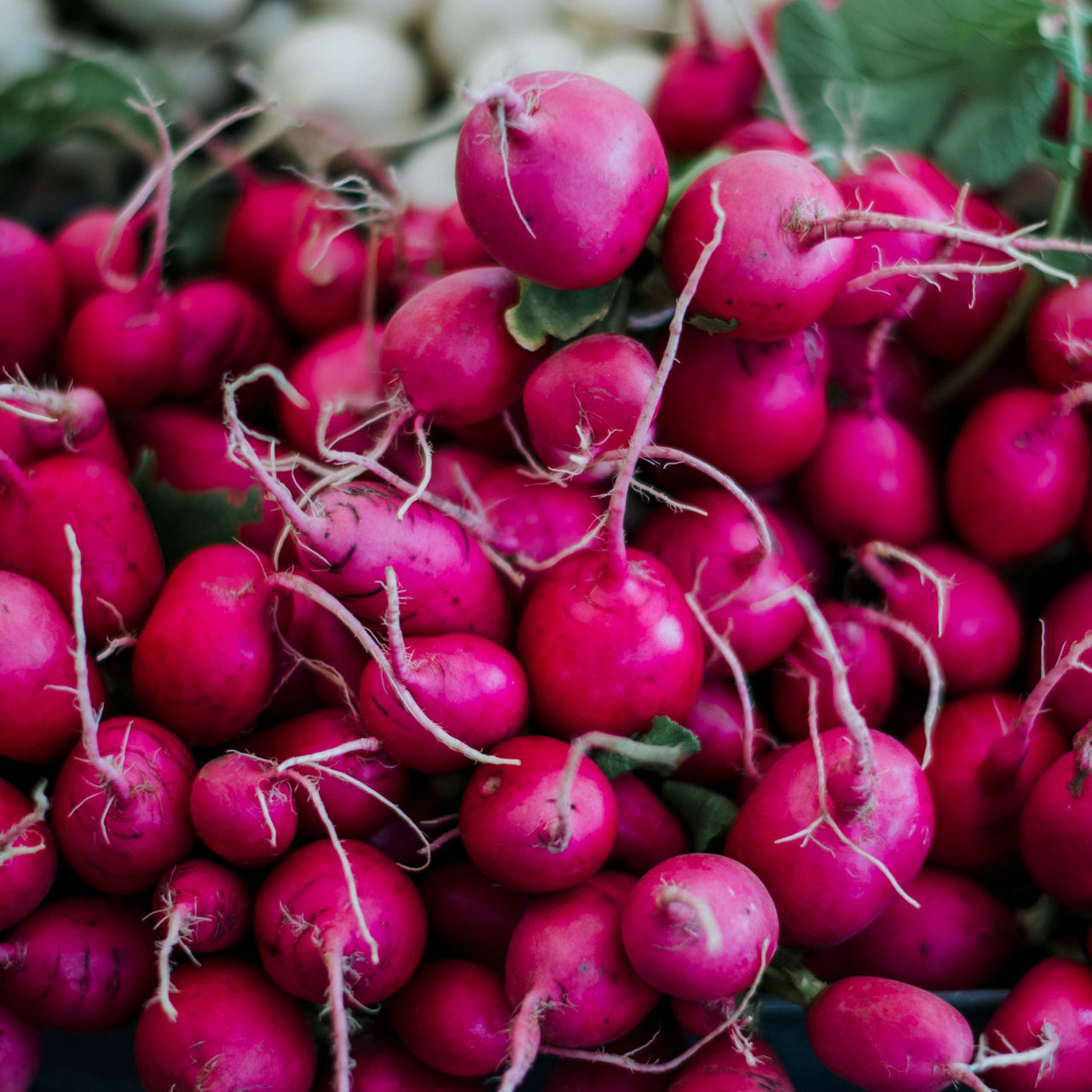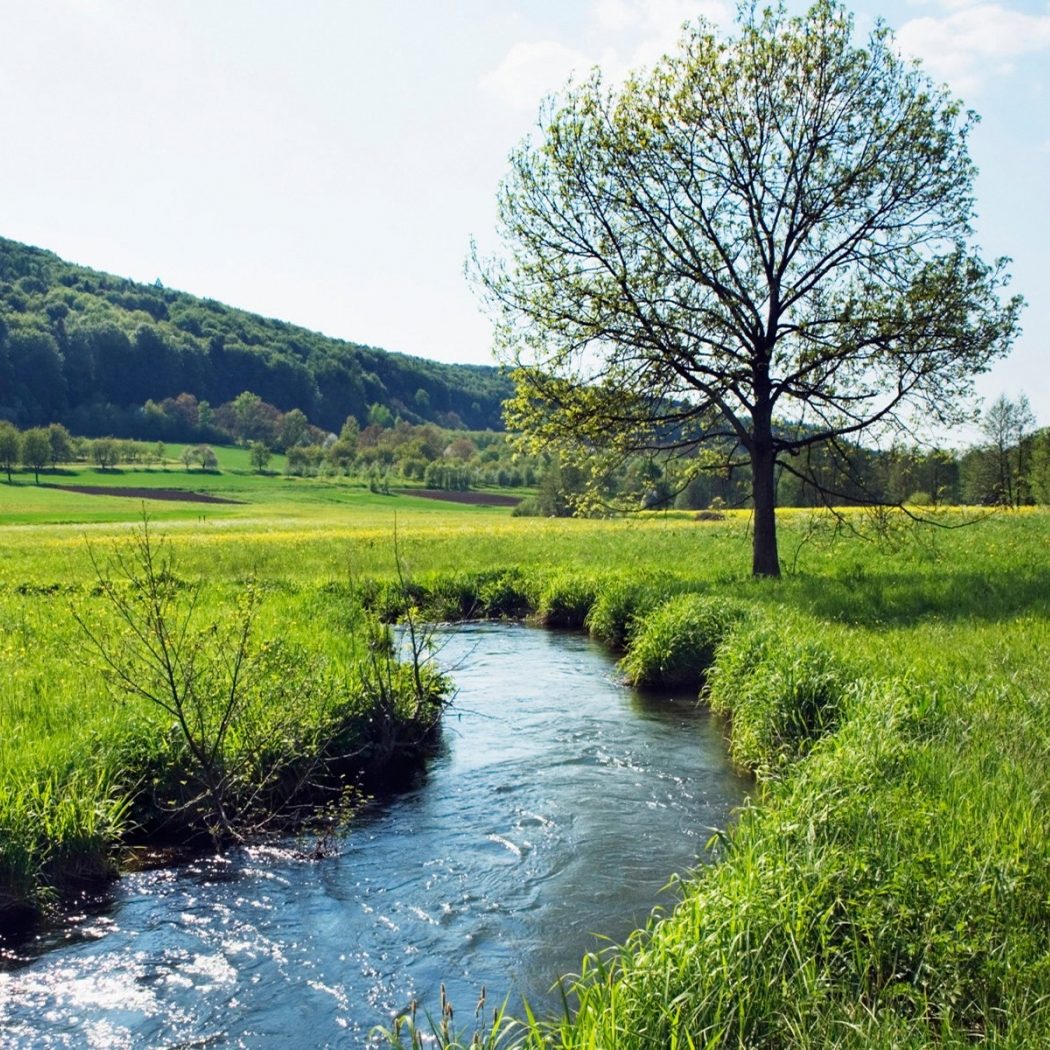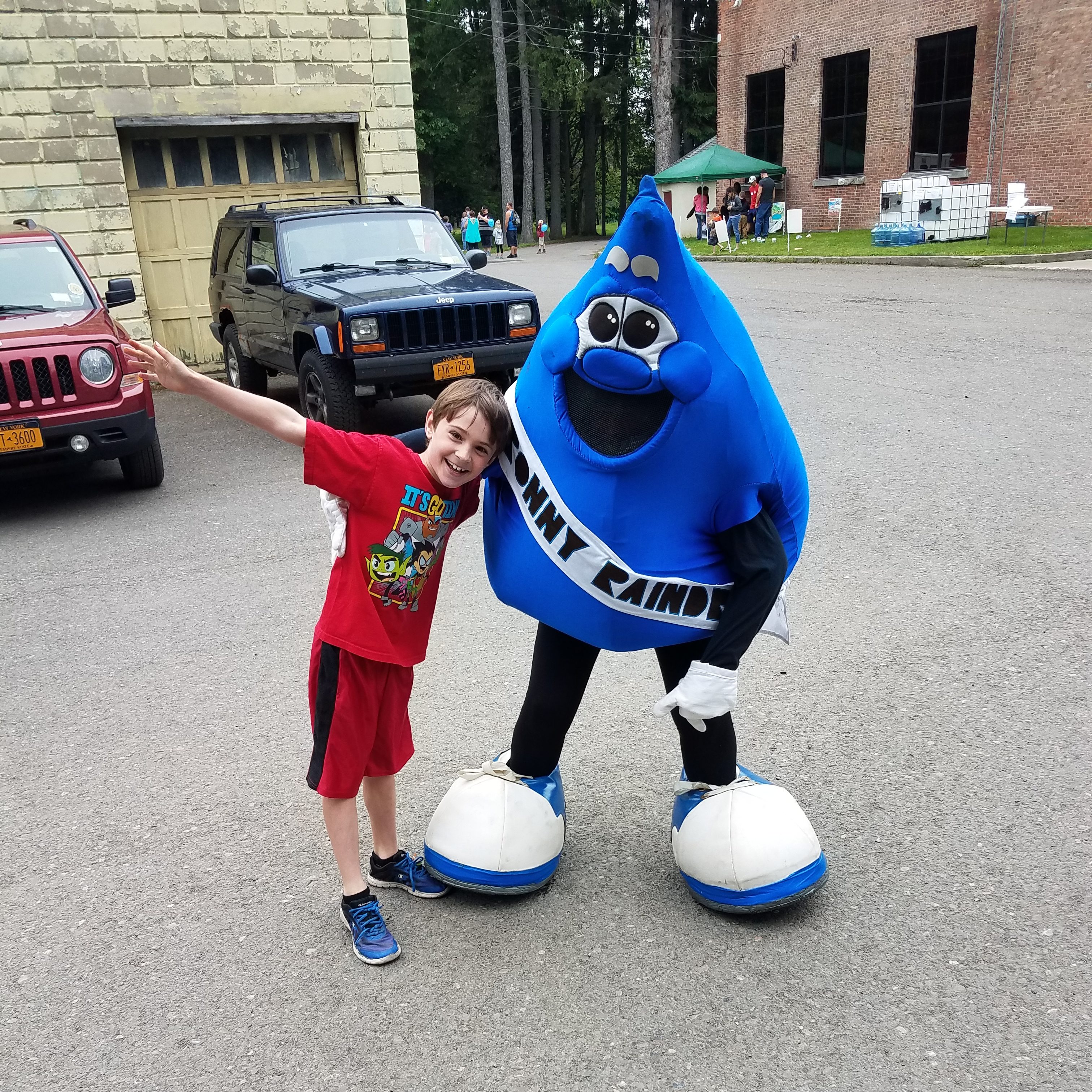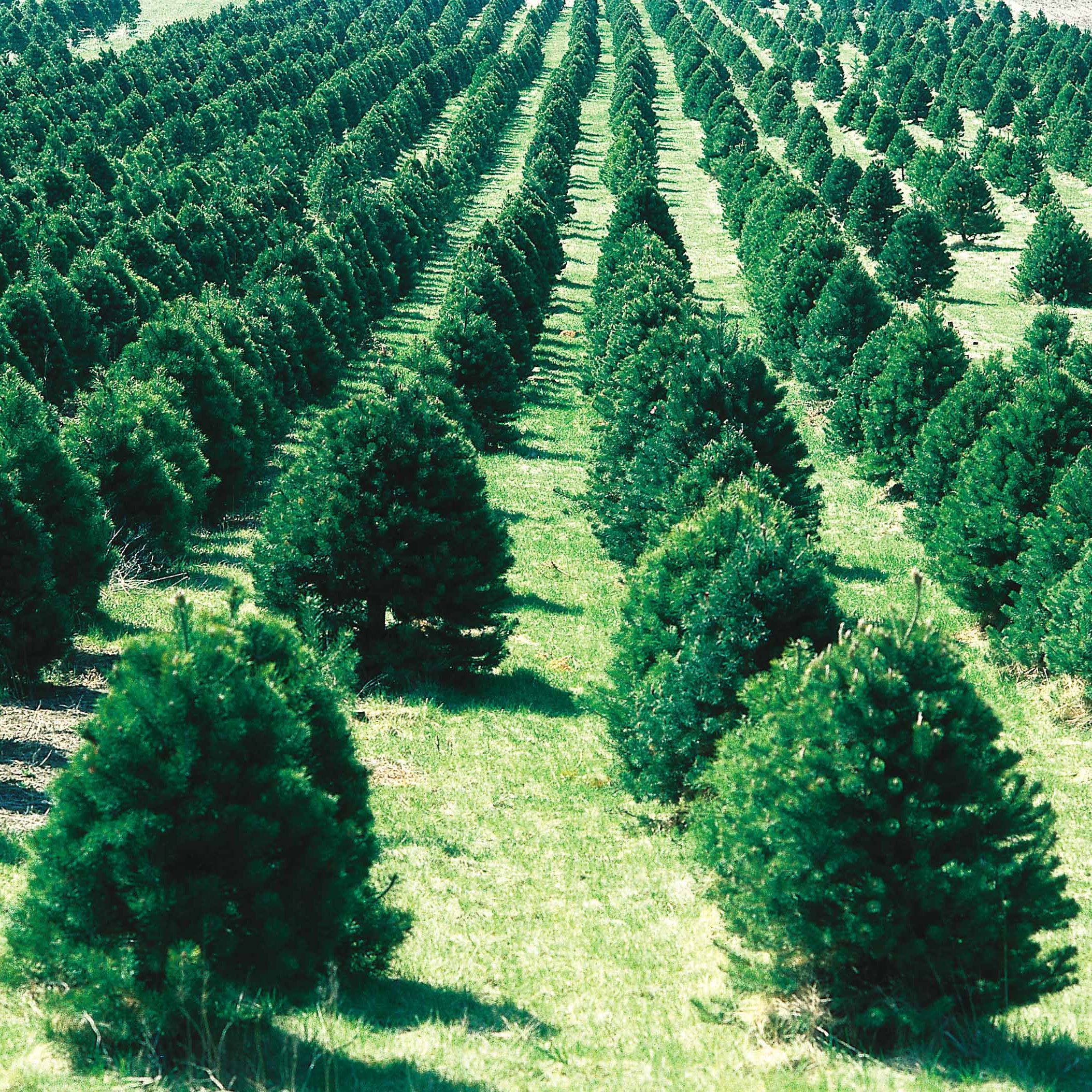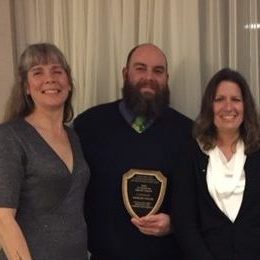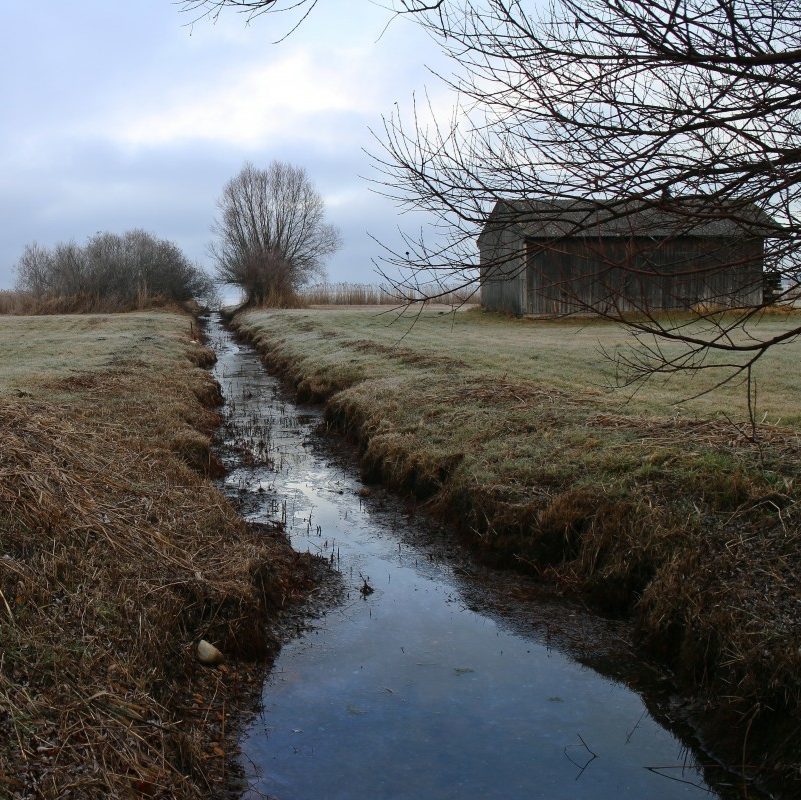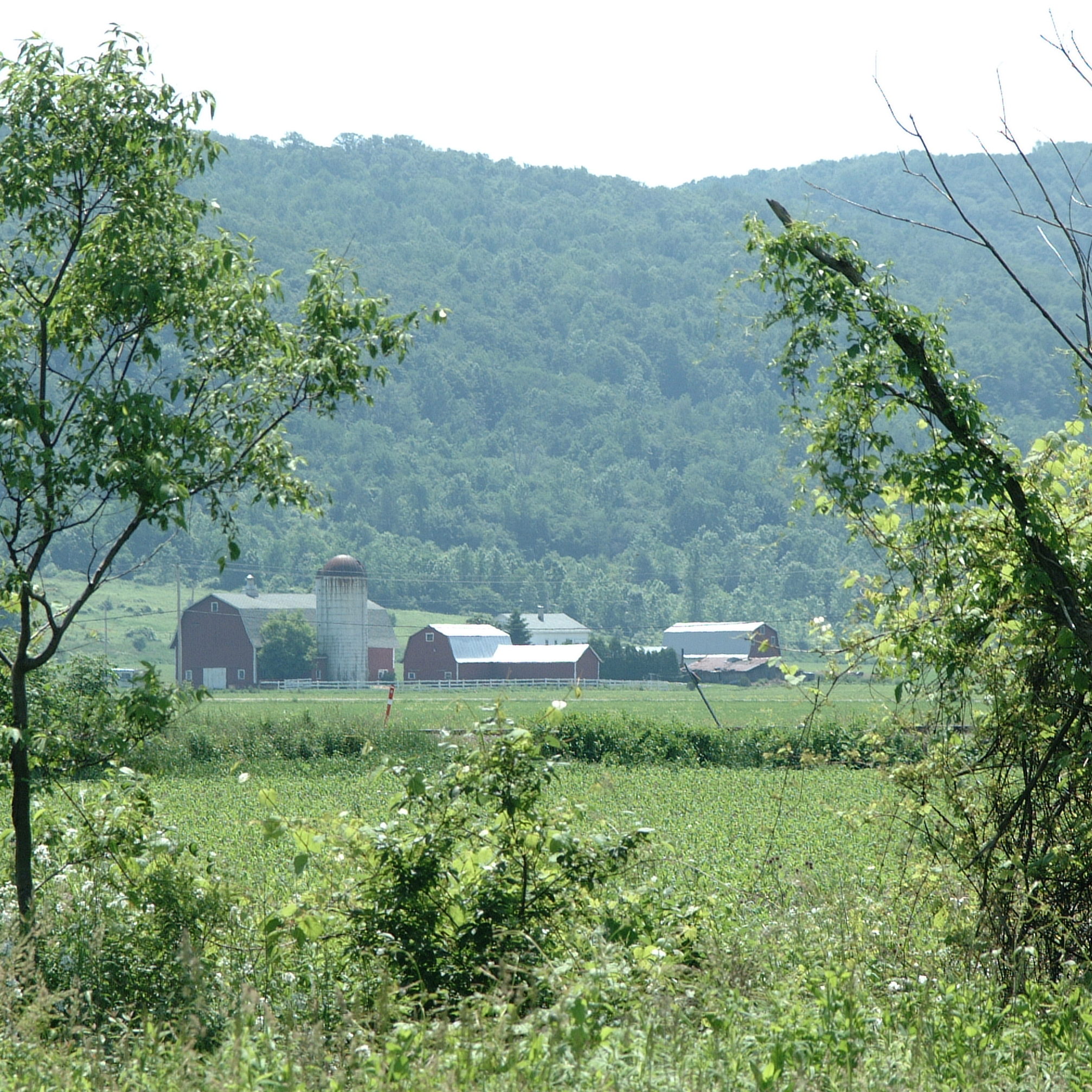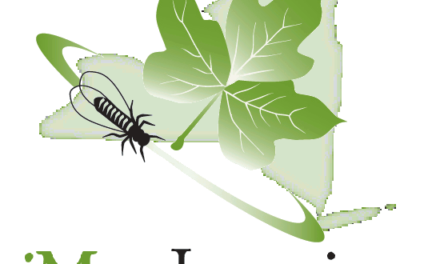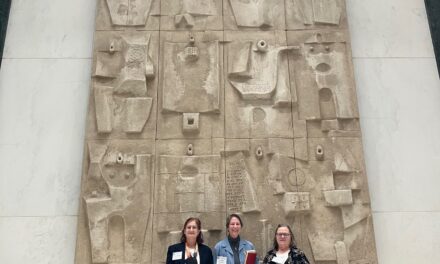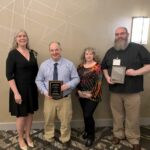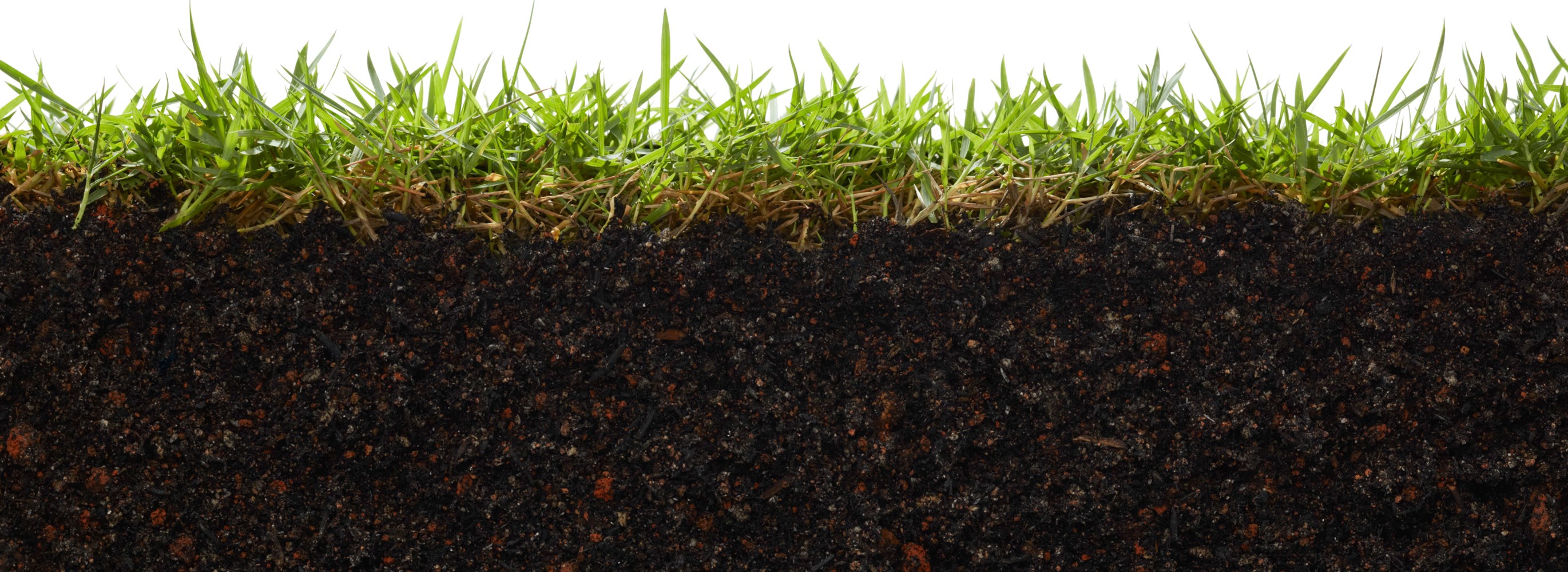 Gleaning is simply the act of collecting excess fresh foods from farms, gardens, farmers markets, grocers, restaurants, state/county fairs, or other sources in order to provide it to those in need. This is not a new concept; gleaning is an ancient tradition deeply embedded in the agricultural world. In the past, gleaning was done with all kinds of agricultural products. For instance, it used to be common practice to give the poor access to grain fields after harvest, so that they could collect the spikelet’s left on the ground by the harvesters. Each year in the United States, well over 100 billion pounds of food is thrown away. In 2009, the USDA estimated that up to 20 percent of America’s food supply goes to waste. At the same time there are 49 million people, including more than 16 million children, who are at risk of going hungry. This is unfortunate, not only from a humanitarian standpoint, but also from an environmental standpoint. Food waste unnecessarily inflates the demand for food and forces us to stretch our natural resources unnecessarily thin to produce it. Furthermore, most discarded food is sent to the landfill where it decomposes in anaerobic conditions, which results in the production of greenhouse gases. Gleaning simultaneously addresses these pressing issues. Importantly, it gives low-income individuals access to fresh and locally grown foods that are not always available in their communities. In fact, more than 23 million Americans, including 6.5 million children, live in low-income urban and rural neighborhoods that are known as “food deserts,” where affordable, quality, and nutritious foods are inaccessible. Here in Cortland County, the Soil and Water Conservation District along with Main Street Farms, a vegetable farm, is sponsoring gleaning sessions over an 8-week period to provide fresh produce to places like Cortland Loaves and Fishes, the Youth Bureau, and several other organizations to utilize in their programs. Putting fresh food in the hands of people who need it is a great way to utilize gleaned produce, while also establishing new connections within the community. The District recently had our first gleaning, where we picked produce, such as turnips, lettuce, bok choy, scallions, and Swiss chard, that was donated to Loaves and Fishes. Fresh vegetables enhance the quality of any meal and can always be easily added to salad or stir fry! In addition to gleaning efforts, the District is sponsoring a series of workshops that provide instruction on how to grow, harvest and prepare fresh produce in an urban setting. For questions about volunteering for a gleaning session or attending the upcoming urban agriculture workshop, please contact our office today at 607-756-5991. Our next workshop is scheduled for August 12th at 6 pm, focused on Harvesting and Preparing.
Gleaning is simply the act of collecting excess fresh foods from farms, gardens, farmers markets, grocers, restaurants, state/county fairs, or other sources in order to provide it to those in need. This is not a new concept; gleaning is an ancient tradition deeply embedded in the agricultural world. In the past, gleaning was done with all kinds of agricultural products. For instance, it used to be common practice to give the poor access to grain fields after harvest, so that they could collect the spikelet’s left on the ground by the harvesters. Each year in the United States, well over 100 billion pounds of food is thrown away. In 2009, the USDA estimated that up to 20 percent of America’s food supply goes to waste. At the same time there are 49 million people, including more than 16 million children, who are at risk of going hungry. This is unfortunate, not only from a humanitarian standpoint, but also from an environmental standpoint. Food waste unnecessarily inflates the demand for food and forces us to stretch our natural resources unnecessarily thin to produce it. Furthermore, most discarded food is sent to the landfill where it decomposes in anaerobic conditions, which results in the production of greenhouse gases. Gleaning simultaneously addresses these pressing issues. Importantly, it gives low-income individuals access to fresh and locally grown foods that are not always available in their communities. In fact, more than 23 million Americans, including 6.5 million children, live in low-income urban and rural neighborhoods that are known as “food deserts,” where affordable, quality, and nutritious foods are inaccessible. Here in Cortland County, the Soil and Water Conservation District along with Main Street Farms, a vegetable farm, is sponsoring gleaning sessions over an 8-week period to provide fresh produce to places like Cortland Loaves and Fishes, the Youth Bureau, and several other organizations to utilize in their programs. Putting fresh food in the hands of people who need it is a great way to utilize gleaned produce, while also establishing new connections within the community. The District recently had our first gleaning, where we picked produce, such as turnips, lettuce, bok choy, scallions, and Swiss chard, that was donated to Loaves and Fishes. Fresh vegetables enhance the quality of any meal and can always be easily added to salad or stir fry! In addition to gleaning efforts, the District is sponsoring a series of workshops that provide instruction on how to grow, harvest and prepare fresh produce in an urban setting. For questions about volunteering for a gleaning session or attending the upcoming urban agriculture workshop, please contact our office today at 607-756-5991. Our next workshop is scheduled for August 12th at 6 pm, focused on Harvesting and Preparing.Gleaning efforts sponsored by Cortland County SWCD and local Main Street Farms
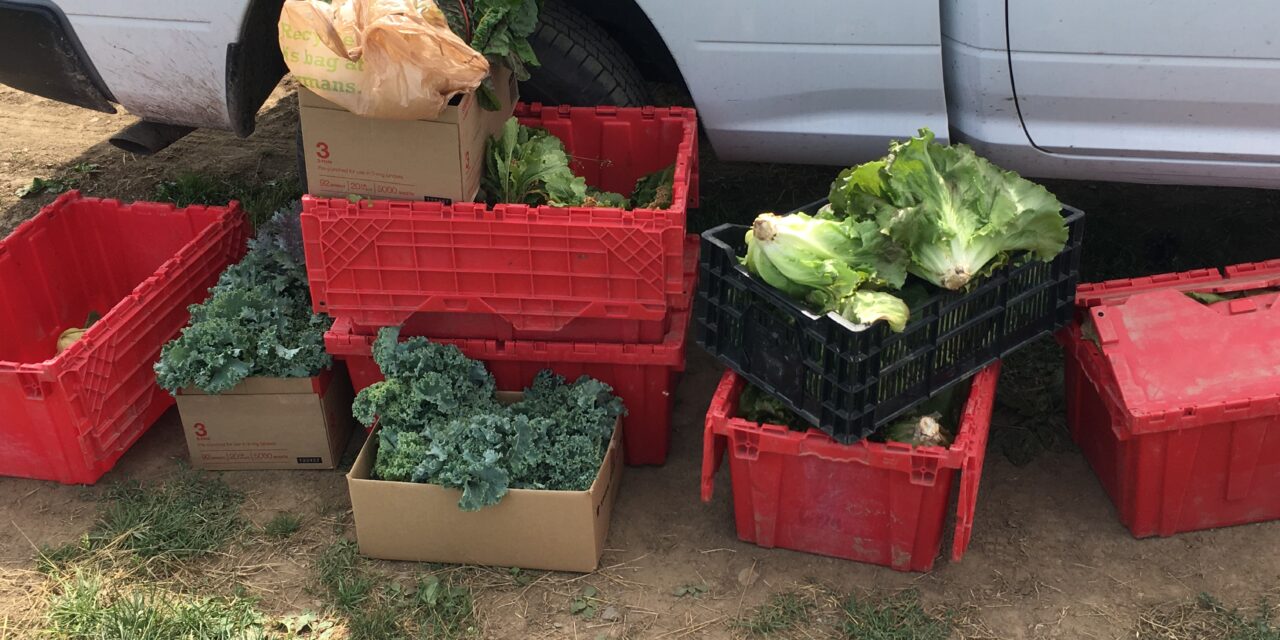
 Gleaning is simply the act of collecting excess fresh foods from farms, gardens, farmers markets, grocers, restaurants, state/county fairs, or other sources in order to provide it to those in need. This is not a new concept; gleaning is an ancient tradition deeply embedded in the agricultural world. In the past, gleaning was done with all kinds of agricultural products. For instance, it used to be common practice to give the poor access to grain fields after harvest, so that they could collect the spikelet’s left on the ground by the harvesters. Each year in the United States, well over 100 billion pounds of food is thrown away. In 2009, the USDA estimated that up to 20 percent of America’s food supply goes to waste. At the same time there are 49 million people, including more than 16 million children, who are at risk of going hungry. This is unfortunate, not only from a humanitarian standpoint, but also from an environmental standpoint. Food waste unnecessarily inflates the demand for food and forces us to stretch our natural resources unnecessarily thin to produce it. Furthermore, most discarded food is sent to the landfill where it decomposes in anaerobic conditions, which results in the production of greenhouse gases. Gleaning simultaneously addresses these pressing issues. Importantly, it gives low-income individuals access to fresh and locally grown foods that are not always available in their communities. In fact, more than 23 million Americans, including 6.5 million children, live in low-income urban and rural neighborhoods that are known as “food deserts,” where affordable, quality, and nutritious foods are inaccessible. Here in Cortland County, the Soil and Water Conservation District along with Main Street Farms, a vegetable farm, is sponsoring gleaning sessions over an 8-week period to provide fresh produce to places like Cortland Loaves and Fishes, the Youth Bureau, and several other organizations to utilize in their programs. Putting fresh food in the hands of people who need it is a great way to utilize gleaned produce, while also establishing new connections within the community. The District recently had our first gleaning, where we picked produce, such as turnips, lettuce, bok choy, scallions, and Swiss chard, that was donated to Loaves and Fishes. Fresh vegetables enhance the quality of any meal and can always be easily added to salad or stir fry! In addition to gleaning efforts, the District is sponsoring a series of workshops that provide instruction on how to grow, harvest and prepare fresh produce in an urban setting. For questions about volunteering for a gleaning session or attending the upcoming urban agriculture workshop, please contact our office today at 607-756-5991. Our next workshop is scheduled for August 12th at 6 pm, focused on Harvesting and Preparing.
Gleaning is simply the act of collecting excess fresh foods from farms, gardens, farmers markets, grocers, restaurants, state/county fairs, or other sources in order to provide it to those in need. This is not a new concept; gleaning is an ancient tradition deeply embedded in the agricultural world. In the past, gleaning was done with all kinds of agricultural products. For instance, it used to be common practice to give the poor access to grain fields after harvest, so that they could collect the spikelet’s left on the ground by the harvesters. Each year in the United States, well over 100 billion pounds of food is thrown away. In 2009, the USDA estimated that up to 20 percent of America’s food supply goes to waste. At the same time there are 49 million people, including more than 16 million children, who are at risk of going hungry. This is unfortunate, not only from a humanitarian standpoint, but also from an environmental standpoint. Food waste unnecessarily inflates the demand for food and forces us to stretch our natural resources unnecessarily thin to produce it. Furthermore, most discarded food is sent to the landfill where it decomposes in anaerobic conditions, which results in the production of greenhouse gases. Gleaning simultaneously addresses these pressing issues. Importantly, it gives low-income individuals access to fresh and locally grown foods that are not always available in their communities. In fact, more than 23 million Americans, including 6.5 million children, live in low-income urban and rural neighborhoods that are known as “food deserts,” where affordable, quality, and nutritious foods are inaccessible. Here in Cortland County, the Soil and Water Conservation District along with Main Street Farms, a vegetable farm, is sponsoring gleaning sessions over an 8-week period to provide fresh produce to places like Cortland Loaves and Fishes, the Youth Bureau, and several other organizations to utilize in their programs. Putting fresh food in the hands of people who need it is a great way to utilize gleaned produce, while also establishing new connections within the community. The District recently had our first gleaning, where we picked produce, such as turnips, lettuce, bok choy, scallions, and Swiss chard, that was donated to Loaves and Fishes. Fresh vegetables enhance the quality of any meal and can always be easily added to salad or stir fry! In addition to gleaning efforts, the District is sponsoring a series of workshops that provide instruction on how to grow, harvest and prepare fresh produce in an urban setting. For questions about volunteering for a gleaning session or attending the upcoming urban agriculture workshop, please contact our office today at 607-756-5991. Our next workshop is scheduled for August 12th at 6 pm, focused on Harvesting and Preparing.
